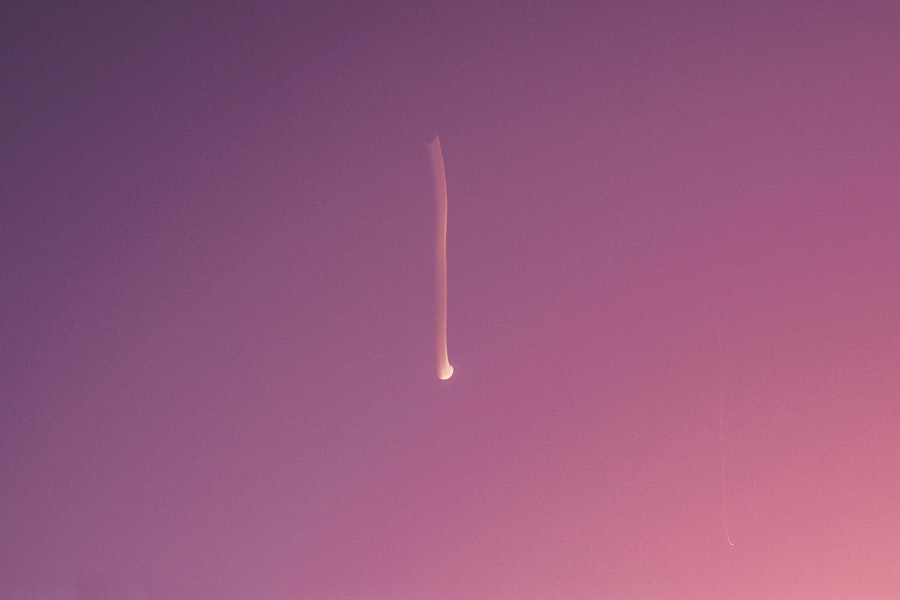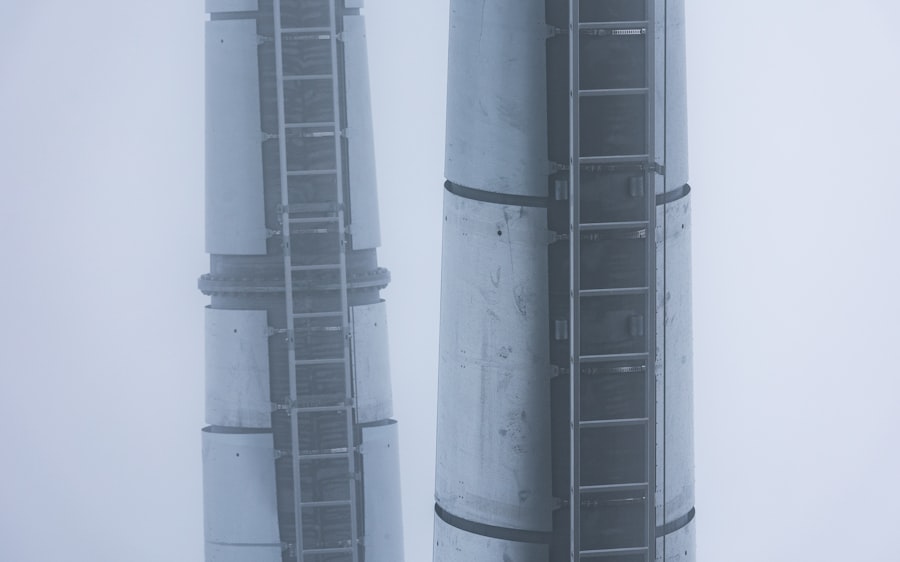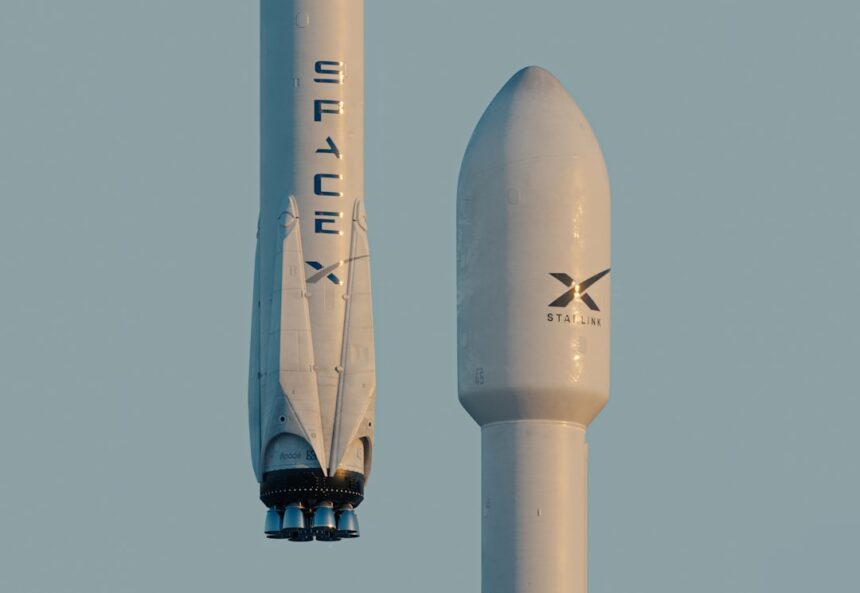The historical connection between Germany and Russia in the field of rocketry is a complex tapestry woven through the threads of war, innovation, and collaboration. The roots of this relationship can be traced back to the early 20th century when both nations were at the forefront of scientific exploration and technological advancement. The aftermath of World War I saw a significant shift in the dynamics of power and knowledge, with many German scientists and engineers facing dire circumstances due to the Treaty of Versailles.
This treaty not only restricted Germany’s military capabilities but also stifled its scientific endeavors, leading many experts to seek opportunities abroad. In the 1920s and 1930s, the burgeoning interest in rocketry began to take shape in both countries. German pioneers like Hermann Oberth and Wernher von Braun laid the groundwork for future advancements, while Soviet Russia, under the leadership of figures like Konstantin Tsiolkovsky, was also making strides in theoretical rocketry.
The ideological rift between the two nations did not prevent them from recognizing the potential benefits of collaboration. As the world moved closer to the brink of World War II, the exchange of ideas and expertise became increasingly vital, setting the stage for a unique partnership that would later flourish in the context of space exploration.
Key Takeaways
- The historical connection between Germany and Russia in rocketry dates back to World War II and the subsequent transfer of German rocketry expertise to Soviet Russia.
- German rocketry experts played a crucial role in the development of Soviet rocketry programs, contributing to the rapid advancement of the Soviet space program.
- Key figures in German rocketry, such as Wernher von Braun and Helmut Gröttrup, found success in Russia and made significant contributions to the Soviet space program.
- The impact of German rocketry expertise on Soviet space programs was profound, leading to the successful launch of the first artificial satellite, Sputnik, and the first human, Yuri Gagarin, into space.
- The legacy of German rocketry continues to influence modern Russian space exploration, with collaborations between German and Russian rocketry experts contributing to ongoing advancements in space technology.
The Role of German Rocketry Experts in Soviet Russia
The arrival of German rocketry experts in Soviet Russia marked a pivotal moment in the development of space technology. Following World War II, as the Allies sought to dismantle Nazi Germany’s military capabilities, many German scientists found themselves in a precarious position. The Soviet Union, eager to harness their expertise for its own technological ambitions, initiated Operation Osoaviakhim, which facilitated the relocation of numerous German engineers and scientists to Soviet territory.
This operation was not merely a matter of acquiring knowledge; it was a strategic move aimed at bolstering the Soviet Union’s military and space capabilities. Once in Russia, these experts played crucial roles in various projects that would lay the foundation for future space exploration. They brought with them advanced knowledge of propulsion systems, guidance technologies, and rocket design principles that had been developed during their time in Germany.
Their contributions were instrumental in transforming the Soviet space program from a nascent initiative into a formidable force capable of competing on the global stage.
Key Figures in German Rocketry who Found Success in Russia

Several key figures emerged from the ranks of German rocketry experts who found success in Soviet Russia, each leaving an indelible mark on the trajectory of space exploration. Wernher von Braun, perhaps the most famous among them, initially worked on the V-2 rocket during World War
Helmut Gröttrup, for instance, was instrumental in developing ballistic missile technology for the Soviet Union. His expertise in guidance systems and rocket design helped shape the early Soviet missile program. Gröttrup’s work laid the groundwork for future advancements that would eventually lead to successful satellite launches and manned space missions.
Similarly, Georgy Babakin’s collaboration with German engineers facilitated the development of key technologies that would later be utilized in iconic missions such as Sputnik and Vostok.
The Impact of German Rocketry Expertise on Soviet Space Programs
| Metrics | Details |
|---|---|
| Number of German rocket scientists brought to the Soviet Union | Approximately 2,000 |
| Key German rocket scientists involved | Wernher von Braun, Helmut Gröttrup, and Walter Dornberger |
| Impact on Soviet rocket development | Significantly accelerated and advanced the Soviet space program |
| Contributions to Soviet space achievements | Development of the R-1 and R-2 rockets, and the launch of Sputnik 1 |
| Legacy | German expertise played a crucial role in the early success of the Soviet space program |
The impact of German rocketry expertise on Soviet space programs cannot be overstated. The infusion of knowledge and skills from German scientists catalyzed a rapid evolution within the Soviet space sector. With their advanced understanding of rocket propulsion and aerodynamics, these experts were able to streamline existing projects and introduce innovative concepts that had previously been unexplored within the Soviet framework.
One significant outcome of this collaboration was the successful launch of Sputnik 1 in 1957, which marked humanity’s first foray into space. The technical prowess brought by German engineers was evident in the design and execution of this historic mission. Furthermore, their influence extended beyond mere satellite launches; it laid the groundwork for subsequent manned missions, including Yuri Gagarin’s historic flight in 1961.
The synergy between German expertise and Soviet ambition created a powerful engine for progress that propelled both nations into a new era of exploration.
The Legacy of German Rocketry in Modern Russian Space Exploration
The legacy of German rocketry continues to resonate within modern Russian space exploration efforts. The foundational principles established by early German experts have been integrated into contemporary Russian aerospace engineering practices. This legacy is evident not only in technical specifications but also in the methodologies employed by current Russian space agencies.
Today, as Russia continues to engage in ambitious projects such as crewed missions to the International Space Station (ISS) and plans for lunar exploration, the influence of German rocketry remains palpable. The collaborative spirit that characterized early interactions has evolved into a broader international dialogue on space exploration, with Russian engineers often drawing upon historical insights gained from their predecessors. This enduring legacy serves as a reminder of how past collaborations can shape future endeavors.
Collaborations between German and Russian Rocketry Experts

The collaborations between German and Russian rocketry experts have been characterized by a spirit of mutual respect and shared ambition. Throughout history, these partnerships have transcended political boundaries, focusing instead on common goals related to scientific advancement and technological innovation. The exchange of ideas has often led to groundbreaking developments that have benefited both nations.
In recent years, collaborative efforts have continued to flourish, particularly within international space programs. Joint missions involving Russian Soyuz spacecraft and European payloads exemplify how historical ties have evolved into modern partnerships. These collaborations not only enhance technological capabilities but also foster goodwill between nations that once stood on opposite sides of ideological divides.
As global challenges related to space exploration persist, such partnerships will likely play an increasingly vital role in shaping future endeavors.
Challenges Faced by German Rocketry Experts in Russia
Despite their significant contributions, German rocketry experts faced numerous challenges while working in Russia. Cultural differences posed a considerable barrier as they navigated a new environment with distinct social norms and professional expectations. Adapting to these differences required resilience and flexibility, as many experts found themselves grappling with language barriers and unfamiliar bureaucratic systems.
Additionally, political tensions during the Cold War created an atmosphere of suspicion that complicated collaboration efforts. While many German scientists were eager to contribute to Soviet advancements, they often had to contend with mistrust from their Soviet counterparts who were wary of their past affiliations with Nazi Germany. This tension sometimes hindered open communication and collaboration, making it difficult for experts to fully realize their potential within the Soviet framework.
The Influence of German Rocketry on Russian Military Technology
The influence of German rocketry on Russian military technology is a testament to how scientific advancements can shape national defense strategies. The expertise brought by German engineers significantly enhanced Soviet missile capabilities during the Cold War era. The integration of advanced propulsion systems and guidance technologies developed by these experts allowed for the creation of more sophisticated ballistic missiles.
This technological leap had far-reaching implications for global military dynamics. As Russia developed its missile arsenal with insights gained from German rocketry, it established itself as a formidable player on the world stage. The legacy of this collaboration continues to influence contemporary military technology, as modern Russian defense systems still reflect principles rooted in early German innovations.
The Future of German Rocketry Experts in Russia
Looking ahead, the future of German rocketry experts in Russia appears promising yet complex. As global interest in space exploration continues to grow, opportunities for collaboration between nations are likely to expand. The historical ties between Germany and Russia may serve as a foundation for renewed partnerships focused on addressing contemporary challenges such as climate change and resource management through space technology.
However, geopolitical tensions may also pose obstacles to future collaborations. Navigating these complexities will require diplomatic finesse and a commitment to shared goals that transcend national interests. As both nations seek to advance their respective space programs, fostering an environment conducive to cooperation will be essential for harnessing the full potential of their combined expertise.
The Contribution of German Rocketry to Russian Scientific Advancements
The contributions made by German rocketry to Russian scientific advancements extend far beyond mere technological innovations; they have fundamentally shaped the trajectory of scientific inquiry within Russia itself. The methodologies introduced by German experts have influenced research practices across various disciplines, fostering a culture of experimentation and innovation. Moreover, this collaboration has facilitated knowledge transfer that has enriched Russian scientific communities.
By integrating advanced concepts from German rocketry into their own research frameworks, Russian scientists have been able to push boundaries and explore new frontiers in fields such as astrophysics and materials science. This cross-pollination of ideas has not only advanced individual projects but has also contributed to a broader understanding of complex scientific phenomena.
The Global Implications of German Rocketry Experts Thriving in Russia
The thriving presence of German rocketry experts in Russia carries significant global implications for international relations and scientific collaboration. As nations increasingly recognize the importance of cooperation in addressing shared challenges—such as climate change, resource scarcity, and technological advancement—the historical partnership between Germany and Russia serves as a model for future collaborations. The successful integration of diverse expertise can lead to groundbreaking innovations that benefit humanity as a whole.
By fostering an environment where knowledge transcends borders, countries can work together to tackle pressing issues that require collective action. As global challenges continue to evolve, the legacy of German rocketry experts thriving in Russia may inspire new generations of scientists and engineers to pursue collaborative endeavors that push the boundaries of what is possible in space exploration and beyond.
In the aftermath of World War II, the expertise of German rocketry specialists became a highly sought-after asset, leading to their recruitment by both the United States and the Soviet Union. This strategic move significantly influenced the early stages of the space race. An interesting article that delves into the broader implications of this recruitment and its impact on Cold War dynamics can be found on the website “In the War Room.” For more insights, you can read the related article by visiting In the War Room. This resource provides a comprehensive overview of how these experts contributed to advancements in missile technology and space exploration during a pivotal era in history.
WATCH THIS! 🪖How Stolen Nazis Built Cold War Power
FAQs
What is the history of German rocketry experts in Russia?
During and after World War II, many German rocketry experts, including Wernher von Braun, were brought to Russia as part of Operation Osoaviakhim. This operation aimed to utilize the expertise of German scientists and engineers in the Soviet Union’s rocket and missile development programs.
What role did German rocketry experts play in Russia?
German rocketry experts played a significant role in the development of the Soviet Union’s rocket and missile programs. They contributed their expertise to the design and development of various rocket systems, including the R-1, which was based on the German V-2 rocket.
What impact did German rocketry experts have on Russian rocketry and space exploration?
The knowledge and experience of German rocketry experts had a profound impact on Russian rocketry and space exploration. Their contributions helped the Soviet Union achieve significant advancements in rocket technology, leading to the successful launch of the first artificial satellite, Sputnik 1, and the first human, Yuri Gagarin, into space.
What is the legacy of German rocketry experts in Russia?
The legacy of German rocketry experts in Russia is evident in the country’s continued achievements in space exploration. Their contributions laid the foundation for the development of Russia’s modern space program, including the successful launches of spacecraft and the ongoing exploration of outer space.




